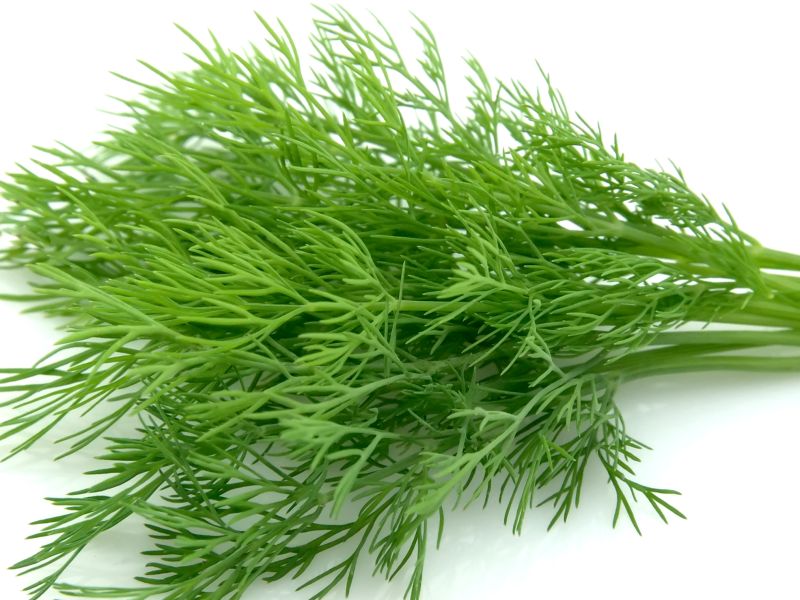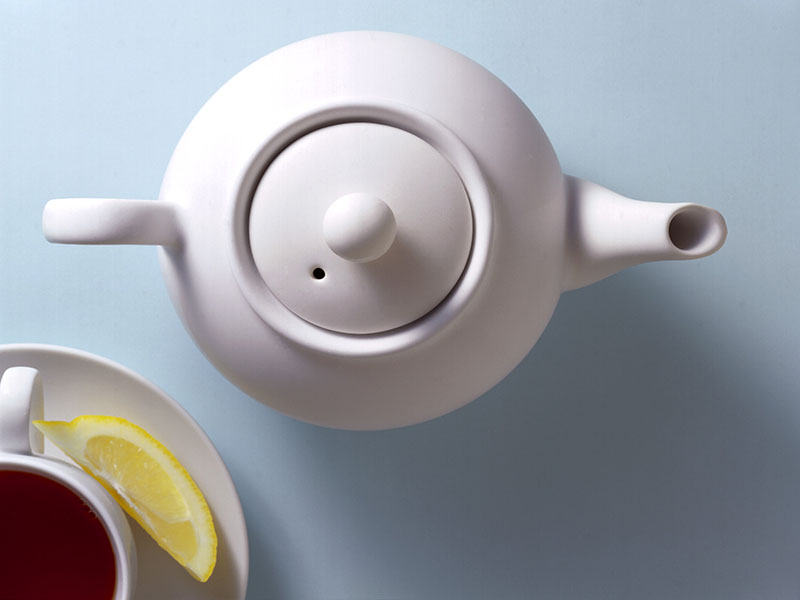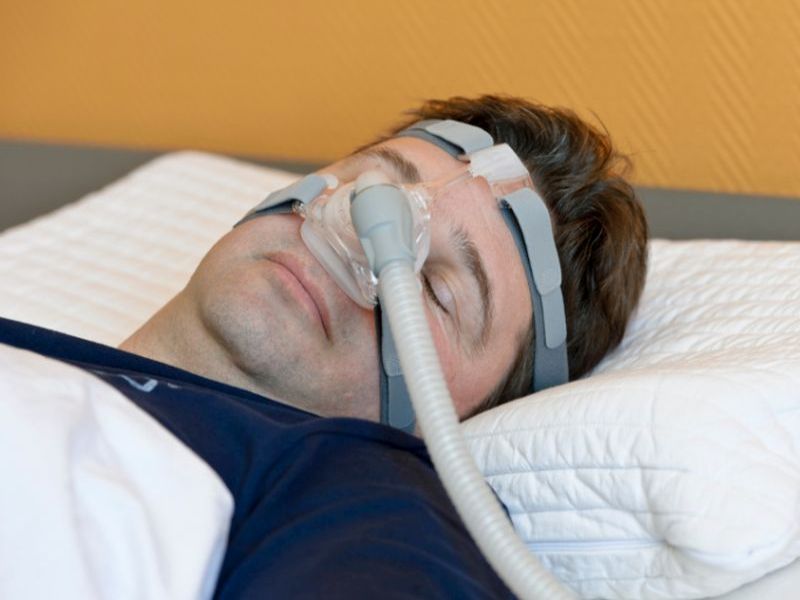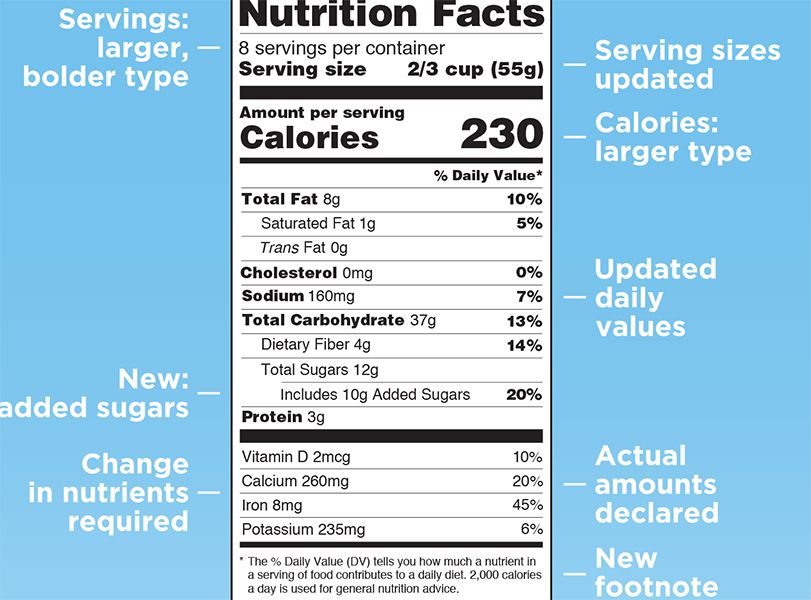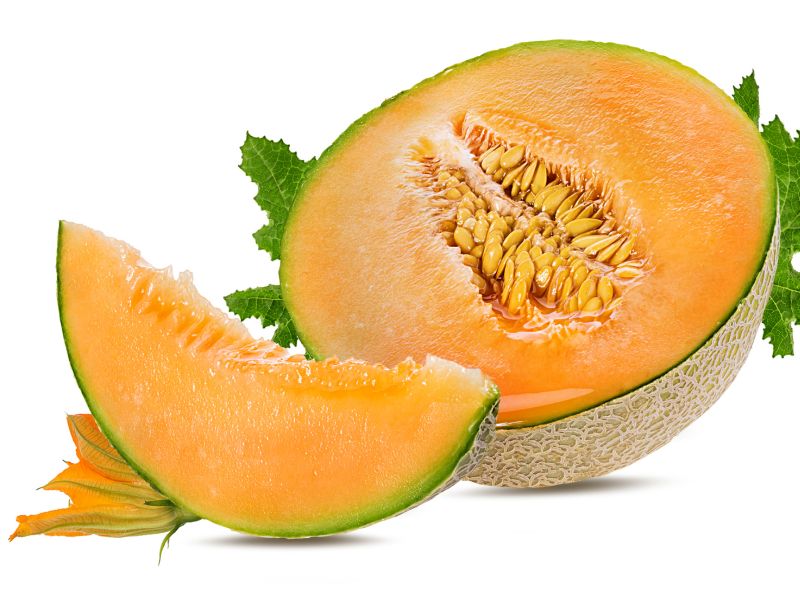
Asparagus is a great spring vegetable that can be a tasty side dish or the starring ingredient in a main course like risotto. And it’s more than just delicious — asparagus is great for digestive health, too. It’s a prebiotic food, meaning it feeds the helpful bacteria that live in your gut. These good bacteria… read on >










